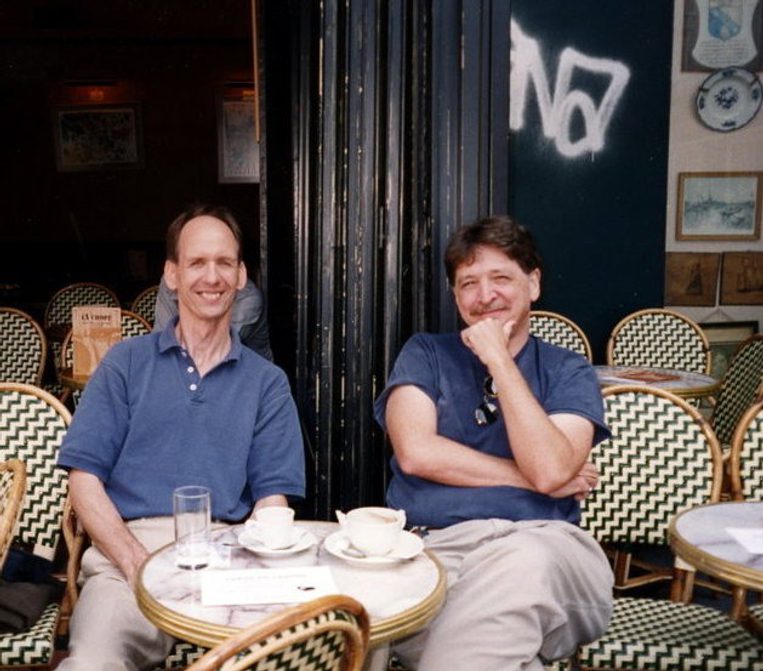This post builds on the research article “Feeling Historical,” which was published in the August 2012 issue of the Society’s peer-reviewed journal, Cultural Anthropology.

Editorial Overview
In this reflective essay, James Clifford revisits Writing Culture - a seminal anthropological text published in 1986, which helped to bring questions of discourse, representation, power, and textuality to the forefront of the discipline. Looking back twenty-five years later, Clifford argues that the work itself was less influential than the moment out of which it originated, a period of profound transition characterized by globalization and decolonization, the incomplete yet irreversible project he refers to as the "decentering of the West." Clifford notes that assessing Writing Culture from a contemporary perspective reveals the ways in which it was anachronistic; for example, it made no mention of terms such as neoliberalism or techno-cultural formations like the Internet. Further, Clifford concedes that Writing Culture failed to capture many of the significant changes afoot at the time: the politics of race, class, and sexuality, and visual and technological culture, for example.
Yet, despite its own historical blind spots, it did encourage anthropologists to rethink processes of historicization and the discipline's place in them, in part because of its concern with the dialogical nature of knowledge production, what Clifford calls the "rejection of monological authority." Taking a lesson fromWriting Culture itself, Clifford historicizes the text by filtering it through his own personal experience. He admits that it was moving from New York, which felt like "the center of the world" to Northern California, which felt more like "a crossing of multiple unfinished histories", that caused him to first become concerned with displacement on both an experiential and epistemological level.
The unfolding of history, Clifford intimates, is about so much more than a collection of dates and events; it is also a bundle of sensations - in this case, confusion, surprise, excitement. Clifford stresses the importance of "feeling", noting that the widespread political, economic and cultural changes of the postwar period from which Writing Culture emerged were marked by a generalized sense of dislocation. The discipline of anthropology was profoundly affected by these changes, it was like having "a rug pulled out".
While the contributors of Writing Culture may have failed to interrogate their own "epistemological embeddedness, their precarious historicity" - as evidenced by the fact that their sense of displacement was marked mostly by excitement rather than fear - Clifford's essay reminds us of the sense of personal and cultural uncertainty imperfectly and partially captured by Writing Culture. In addition, it suggests that uncertainty remains a potentially useful concept that we can use to better understand our contemporary moment.
Additional Readings
Clifford, J. T. 2004. In Vered Amit (ed.), Biographical Dictionary of Social and Cultural Anthropology, pp. 90-92. London and New York: Routledge.
1997. Routes: Travel and Translation in the Late Twentieth Century. Cambridge, MA: Harvard University Press.
Fortun, K. 2010. Of Writing Culture, 2020. Foreward to the 25th anniversary edition of Writing Culture: The Poetics and Politics of Ethnography. James Clifford and George Marcus (eds.). University of California Press.
Hymes, D. (ed.). 1974. Reinventing Anthropology. New York: Random House.
Latour, B. 2004. Why Has Critique Run Out of Steam? From Matters of Fact to Matters of Concern. Critical Inquiry 30(2): 225-248.
Questions for Classroom Discussion
1. What might it mean when Clifford says that Writing Culture is "post-1960s"? What central questions does it address that defined the post-1960s moment in the history of anthropology?
2. What cultural and theoretical shifts did Writing Culture NOT capture? What might be some explanations for its oversights?
3. In what ways is the sensual important in the experience and writing of history? Can emotion be employed usefully as an analytical lens? If so, in what ways? If not, what are its limitations?
4. Clifford focuses on the significance of place in shaping the production and reception of knowledge. What are some examples that he invokes? Can you think of some additional examples that he does not touch on?
5. There is an implicit tension that Clifford points to between the confident voice he adopted in Writing Culture and the subject matter he was discussing, which was characterized by uncertainty and upheaval. Following from this, in what ways is "voice" important in the writing of an historical narrative?
6. How does what Clifford refers to as the historical entanglement of globalization and decolonization lead to the sense of dislocation he argues was characteristic of the post-1960s moment? In what ways did Writing Culture shed light on this transitional moment? In what ways did it obscure aspects of this moment?